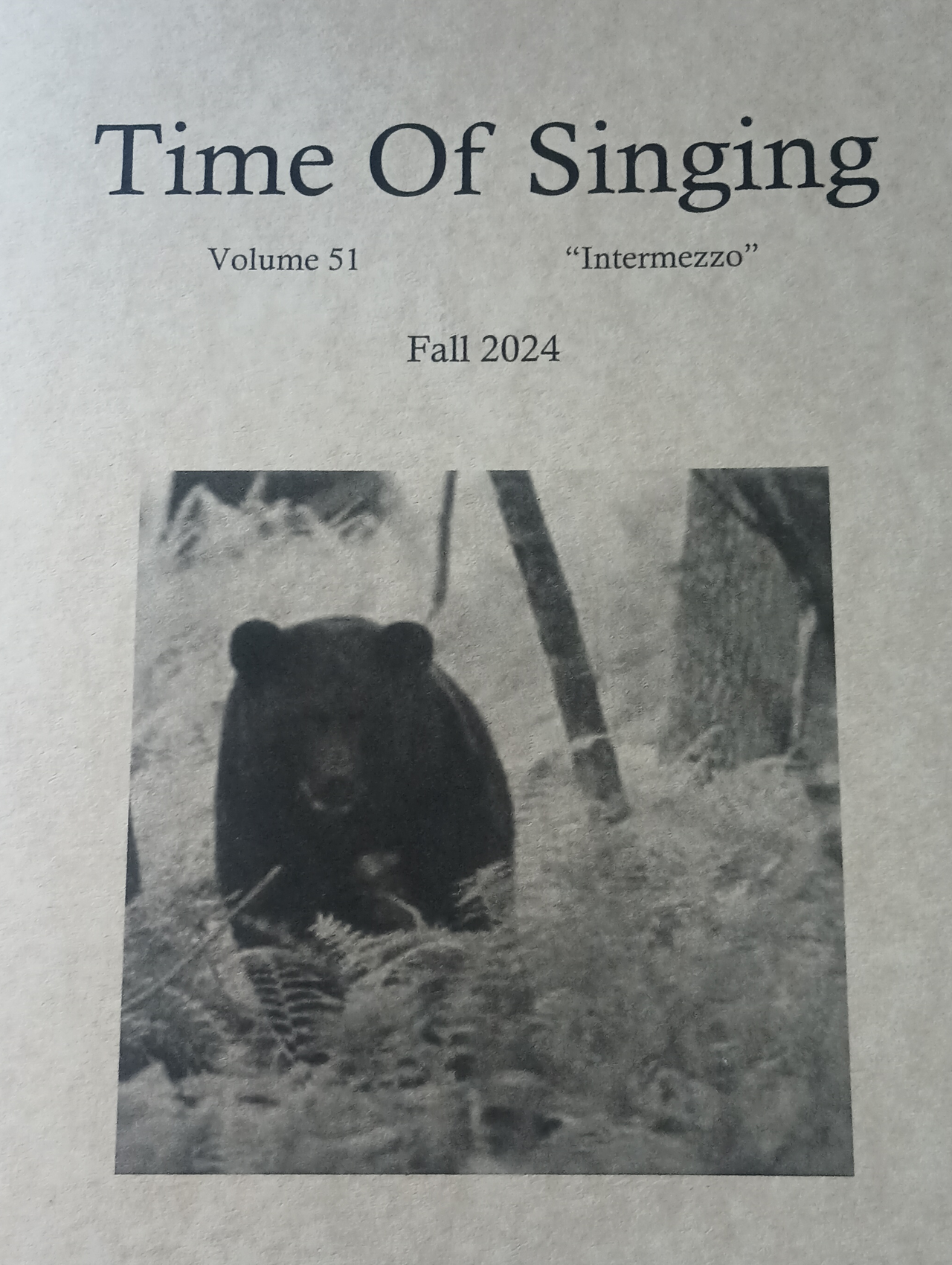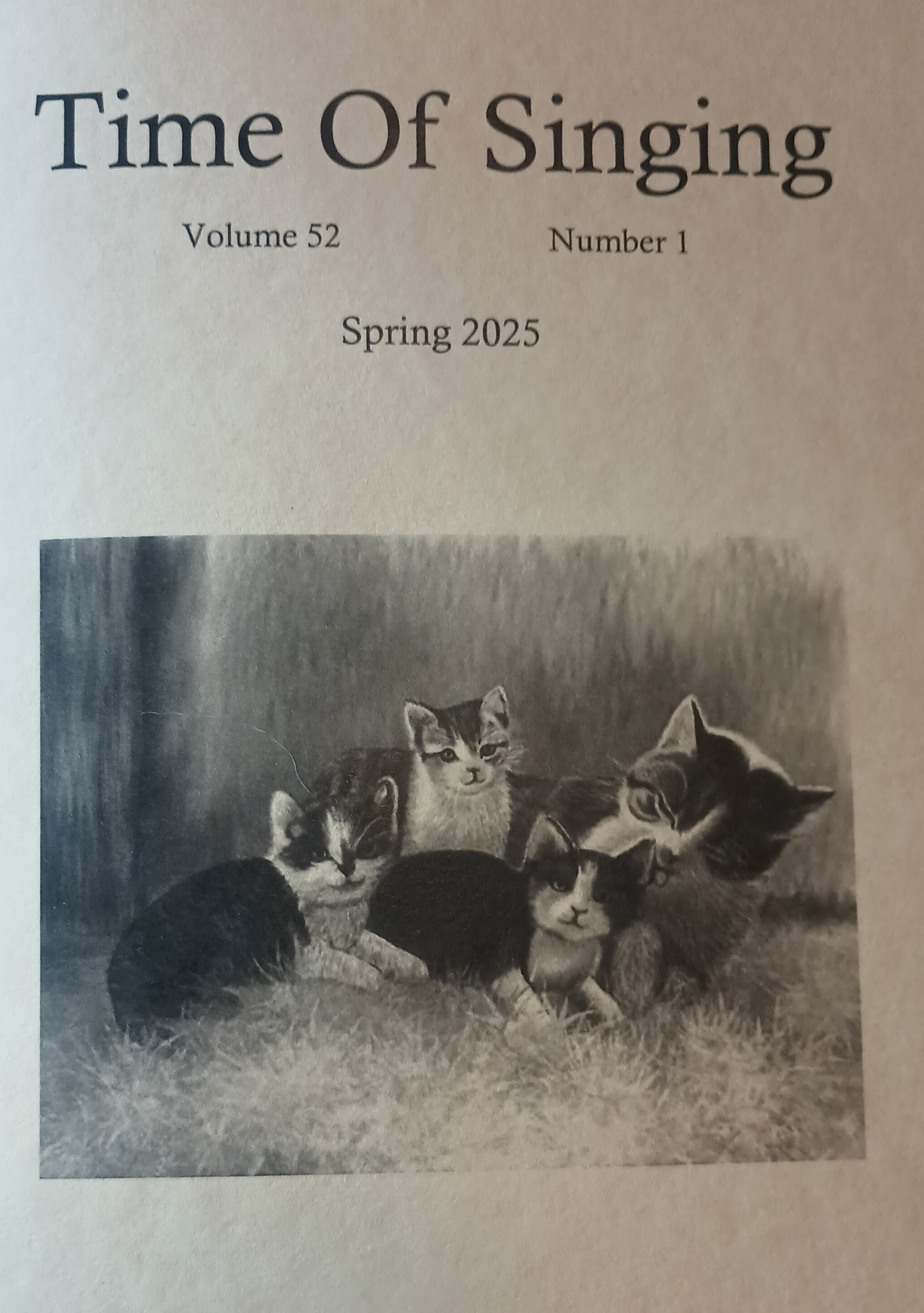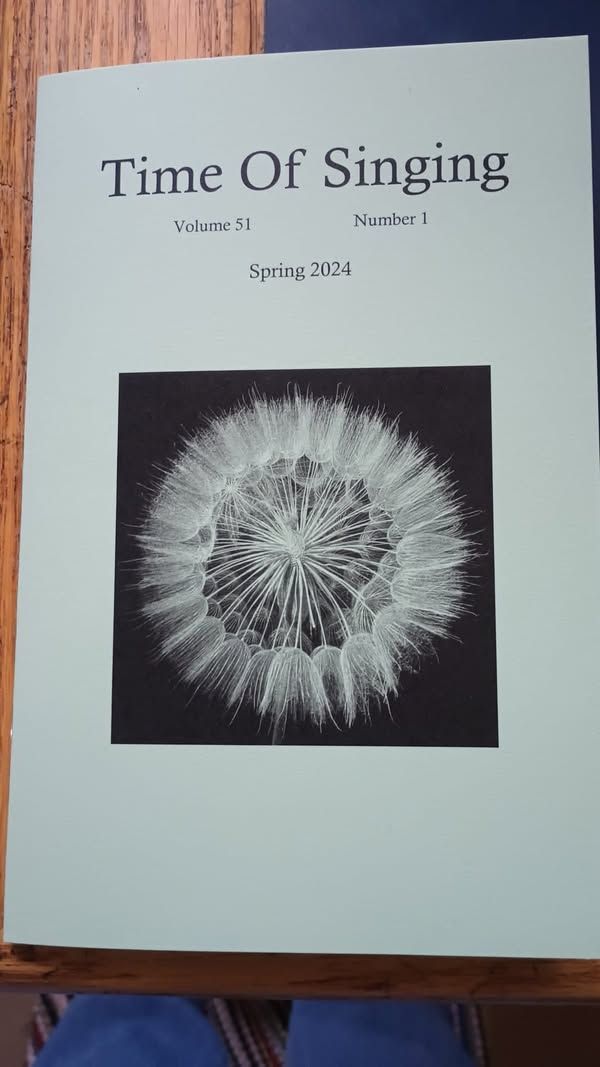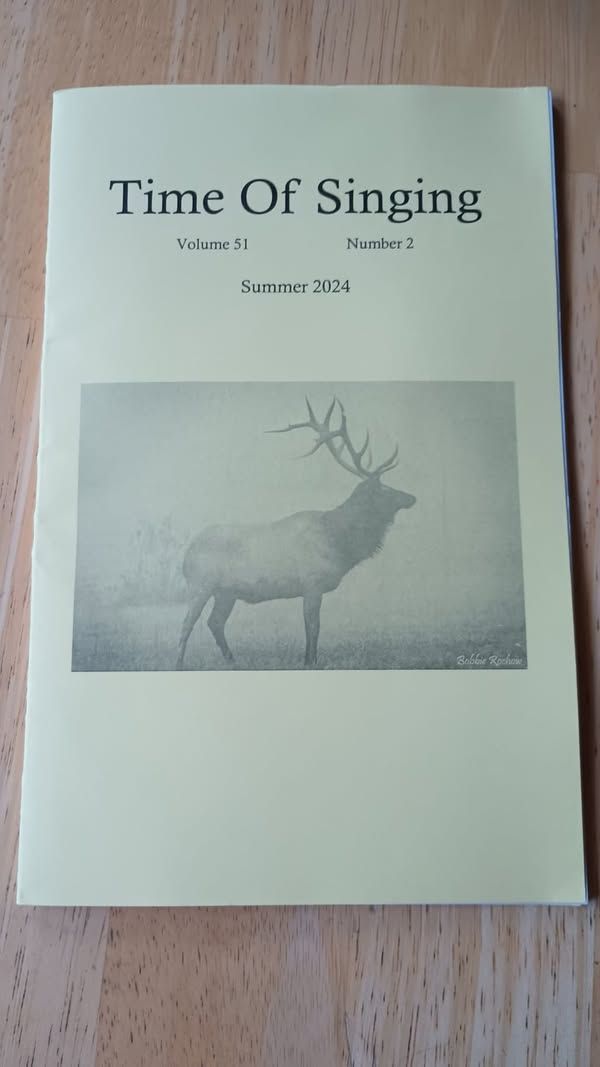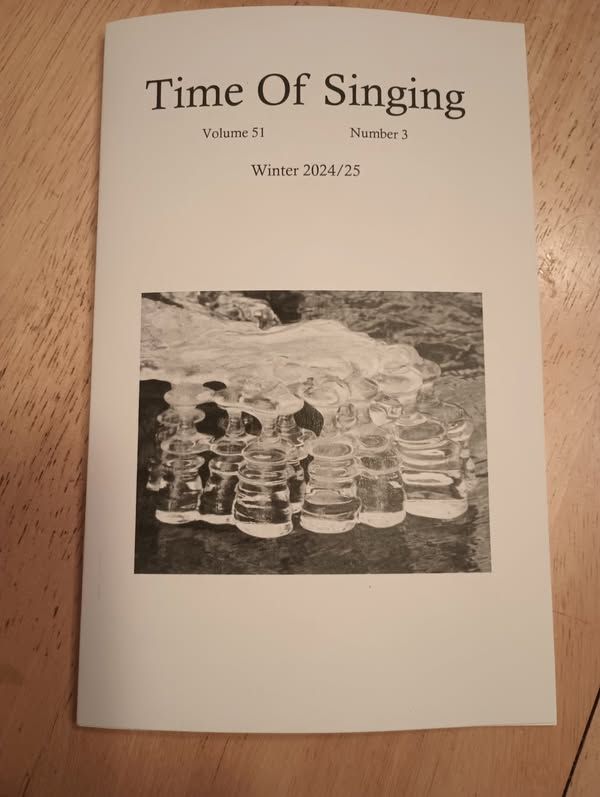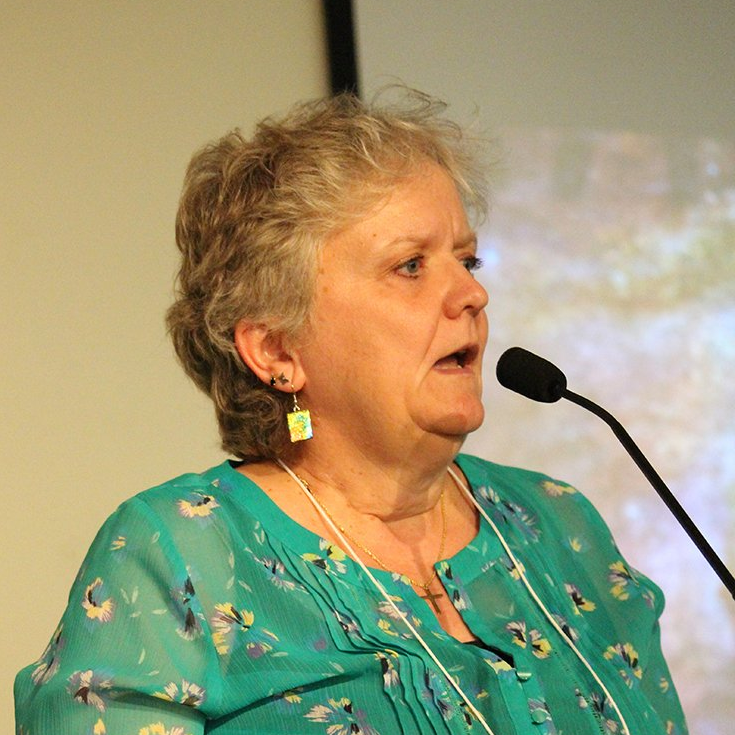Editor's Arias
Reflections on Art, Life, Faith

I thought I'd share something I found utterly fascinating. One of my favorite “old movie” actresses is Olivia de Havilland—she of Gone With the Wind fame, and two time Oscar winner—who is a woman of faith in the Anglican tradition. She lives on, at 103, and has served as a lector (one of the first women to do so) at the American Anglican Cathedral of the Holy Trinity in Paris. The conversation between her and her interviewer, Right Reverend Pierre W. Whalon, centered around why Christians read the Bible in church. I was interested to learn how she would prepare for her Scripture reading for worship. She would print the verses in large type and then mark them up with “underlines, semi-colons, and other diacritical marks.” Ms. de Havilland shared that the punctuation marks help her to “get the right inflection.” She “wrestles with the text to find its underlying architecture.” “You have to convey the deep meaning, you see, and it has to start with your own faith.” She works to understand what the text means to her and then how to best communicate that to the congregation. “First I always pray.”* I think the insights for writers/poets and lovers of God’s word are many. Those of us who agonize over where to put a comma or a period (or no punctuation at all!) now have our “why” confirmed. Those of us who engage in public readings of the Scriptures are challenged to devote the time and energy to practicing the language, wrestling with the truths of God’s Word so we can be authentic in their delivery. I pray you would meet with God and share your discoveries with us through your poetry in 2020. My best to you and your loved ones. Full Essay on Olivia de Havilland: *”Reading the Bible as a Statement of Faith” by The Rt Revd Pierre W. Whalon, Ph.D. in Anglicans Online: anglicansonline.org/resources/essays/whalon/deHavilland.html 10 February 2012.

I am shopping for a new planner. Simplicity rules now, with monthly calendars and space for daily “to do” lists. But increasingly I feel like I want to be more intentional in the choices I make in my daily living and setting goals. I had no idea there were so many different kinds of planners, with so many varieties of emphasis. Monk Manuals seem more spiritually reflective (obviously!). Panda Planners and Full Focus Planners add spaces for goals, habits, and affirmations. I discovered the Bullet Journal which uses simple symbols to distinguish events, tasks, and insights and sort them from “completed” or not. There are lots more. * I’m looking for ways to focus and not get so distracted. I am organized to a point, but need to improve. Seems counter-intuitive, but I’ve read that creative people function better when they’re organized and operate by a schedule. They don’t wait for the Muse to show up, they show up at their desk and work. It seems from the Scriptures Jesus was very intentional about how he lived and conducted his ministry. He didn’t have a “planner” as we know it, He was submitted to the Planner. I think God wants us to live intentionally, too. Do you do your creative work according to a schedule? Why? If you use a planner, I’d be interested in which one you use and why you like it. Thanks for your ideas. Lora Homan Zill, Editor *I get no compensation from these mentions.
Time of Singing
A Journal of Christian Poetry
A Publication of Wind & Water Press

